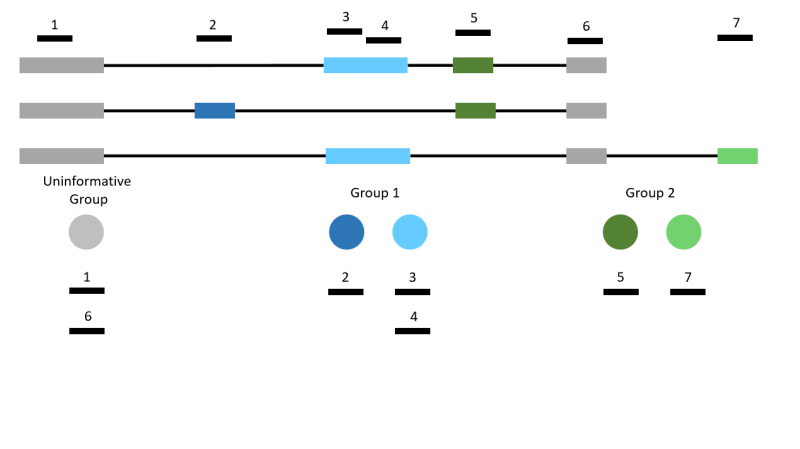About the Project
Alternative splicing is a regulated process that allows for the flexibility of producing functionally different proteins from the same genomic sequences. Analysis of alternative splicing, however, is challenging because various biases present in RNA-seq data complicates the analysis, and if not appropriately corrected, will affect gene expression estimation and downstream modeling. Motivated by these issues, our group has developed several statistical methods related to the analysis of alternative splicing in RNA-seq data.
- Estimating isoform specific gene expression by empirically modeling nonuniform read distribution
- Detecting isoform-specific differential expression by meta-regression
- Detecting differential alternative splicing in bulk RNA-seq and single-cell RNA-seq

